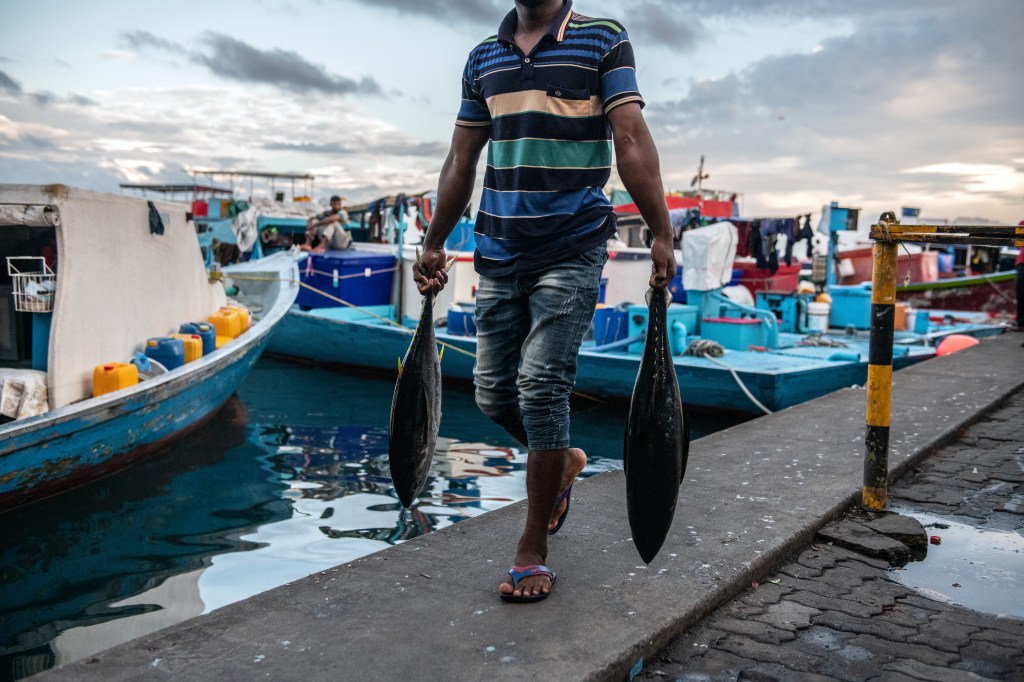The fear of falling short of activist expectations is making brands less transparent about their pledges.
Key Takeaways
- Sustainability affects brands worldwide
- Investors are voting with their ESG lens focussed on global impacts
- Consumers are buying based on best practice in industries

Sustainable Choice is an online hub that houses the sustainability commitments of reputable brands, empowering consumers to make informed choices about their purchases.
The platform launched in March this year to enable consumers to easily search information about the businesses they choose to support.
“The best way for brands to overcome their fear of backlash is to avoid ambiguous environmental claims on products and packaging,” says Sustainable Choice founder and CEO Kiarne Treacy.
“Stick to the facts – and make sure it’s easy for consumers to access more details about those facts if they want to.
“Sustainable Choice aims to provide a safe place where all businesses can publish honest, factual and transparent commitments, along with the progress they are making every day.”

According to research by EY, 61% of consumers want more information to help make better sustainable choices, while KPMG insights show 70% of CEOs believe they are being evaluated on their ESG credentials.
“We have found that business leaders are eager to publicly announce their commitment to environmental sustainability, but they are also terrified of being criticised or cancelled for not doing enough,” Treacy says.
“The problem we have right now is that silence is winning: it’s easier to say nothing, do nothing and fly under the radar, because when you start small and say something, you run the risk of being accused of greenwashing.
“What we need most right now is for all businesses to feel comfortable to make a start – no matter how small that start might be.”
One brand that has signed up to Sustainable Choice is Safcol, with the launch of a no-net tuna range that relies on handline fishing. Safcol is donating 5c from each can sold in Australia to Clean Up Australia’s conservation initiatives, to support the local areas and communities where Safcol products are sold.
“Our presence on Sustainable Choice is a conversation starter, and by publishing factual information on the site we keep our business on track,” says Safcol Australia marketing director Dean de Villiers. “They are our partner on our sustainability journey, supporting and encouraging us to do better as we navigate our way towards a more sustainable and planet friendly future.
“Tuna fishing nets kill thousands of tonnes per year of other marine life, that get caught in the tuna nets, along with the tuna, creatures like turtles, rays, even marlin, and sharks. We must protect the oceans for our children and with Safcol’s new No Net Tuna range we aim to reduce our impact.”